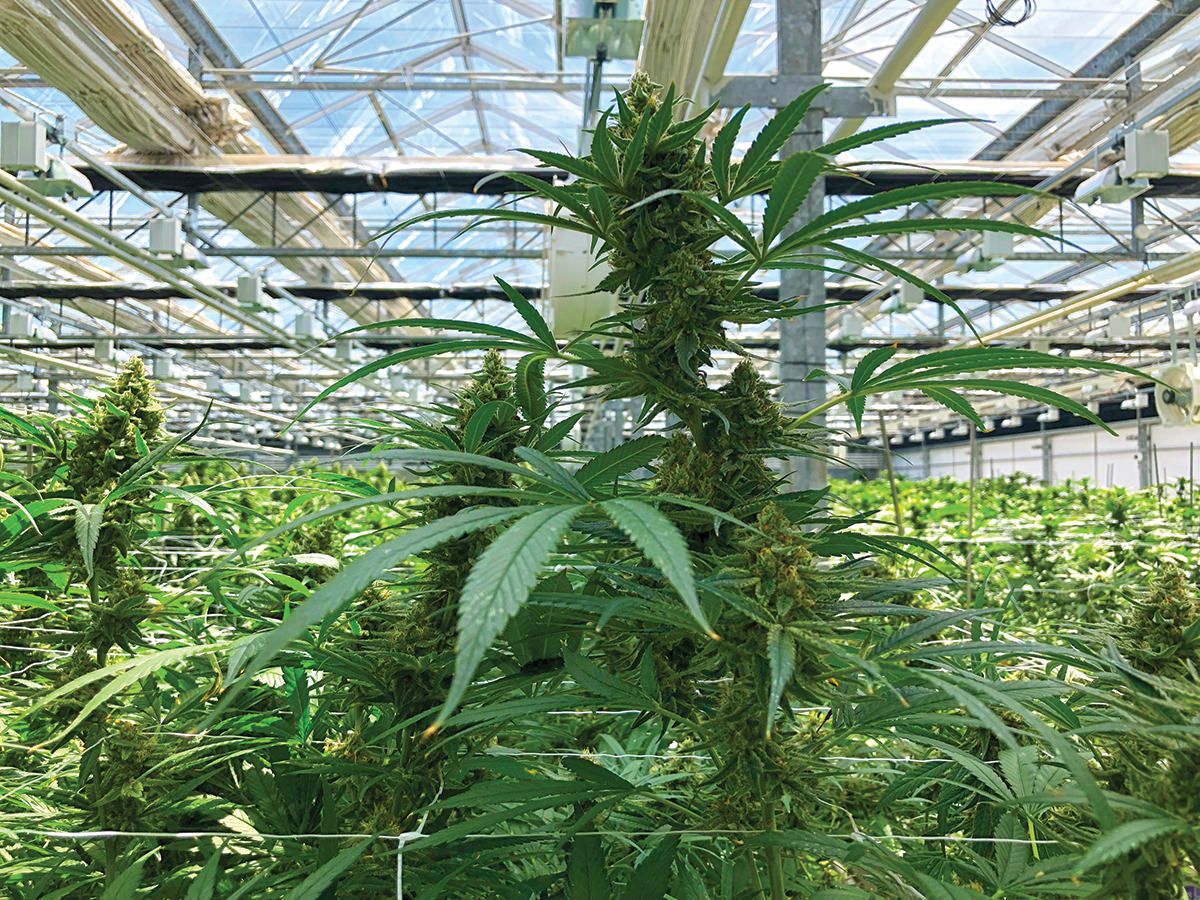Ontario’s adult-use cannabis regulator has not been adequately monitoring the movement of marijuana products in the province’s growing number of retail stores, according to the province’s auditor general, Bonnie Lysyk.
Ontario marijuana stores had 84,228 fewer units of product on hand than the amount recorded in their inventory system over an 11-month period starting in September 2019, a report released by Lysyk’s office Monday revealed.
However, the Office of the Auditor General of Ontario told Marijuana Business Daily it had no reason to suspect legal cannabis had been diverted to the illicit market.
Lysyk’s report said improved oversight is needed.
In response to the report, the AGCO said it will:
- Conduct unannounced inventory counts at retail stores.
- Review surveillance evidence to verify reports of cannabis destruction.
- Regularly review any discrepancies in retail cannabis store inventory purchases.
The auditor general’s report also revealed the AGCO has hired five consulting firms to perform eligibility assessments for new cannabis store applicants.
According to the report, “AGCO management told us that they anticipated a high volume of applications with the launch of private cannabis retailing and believed they did not have the internal capacity or resources to handle it.”
That could partly explain Ontario’s lethargic rollout of cannabis stores.
The consulting contracts were set to expire in late 2020, when “the AGCO will assess whether a new procurement is warranted and, if so, explore the most cost-effective options that may be available, including entering into a negotiated request for proposal(s),” the AGCO said in response to the auditor general’s report.
Most adult-use marijuana products in the province are sold illegally, the report said, citing an estimate from the government-owned Ontario Cannabis Store online retailer.
About 80% of sales were conducted outside regulated channels in the April 2019-March 31, 2020, fiscal year.
“We also noted that the AGCO received several complaints about the retail stores selling subpar cannabis – too dry, for example,” the report noted.
“One store operator confirmed that when the OCS ships the product to the retail store, it does not have an expiry date, so it can be difficult to tell which products to sell first.”
Auditor General Lysyk said 258 unannounced inspections were completed at stores, including regular inspections, mystery shopper and mystery shopper follow-up visits.
Violations were noted for more than a third of the inspections, though more than half of the violations were self-reported.
Twelve incidents of lost or stolen products were reported.
The audit also covered the much-derided lottery used by the province to award the first store licenses.
The audit found that 140 entries in the first Ontario lottery were made from one residential address in British Columbia, which the AGCO attributed to applicants using the same consultant to prepare applicants.
In Ontario, two addresses each accounted for more than 50 entry submissions.
Concerns related to the second store lottery prompted the AGCO to hire a consulting firm with forensic expertise.
Among almost 5,000 lottery applications, about 1,500 “were from applicants that appeared to have colluded in the lottery.”
Eleven were selected as winners but were later disqualified, the report says.
“The consulting firm also identified 414 applications that may not have met the lottery rules but were still allowed to enter the lottery.”
One of the applicants was selected as a winner but was subsequently disqualified, according to the audit.
The AGCO did not immediately reply to a query from MJBizDaily.
Matt Lamers is Marijuana Business Daily’s international editor, based near Toronto. He can be reached at mattl@mjbizdaily.com.




